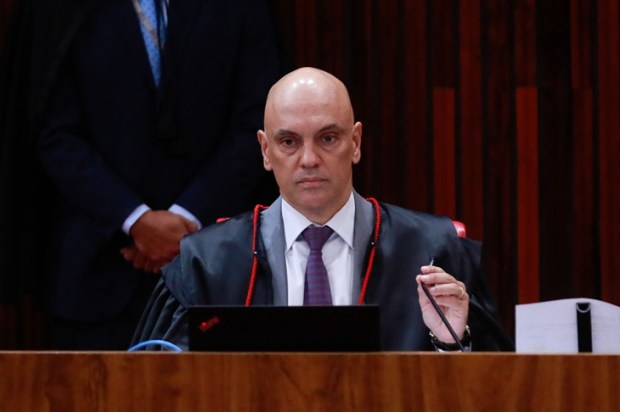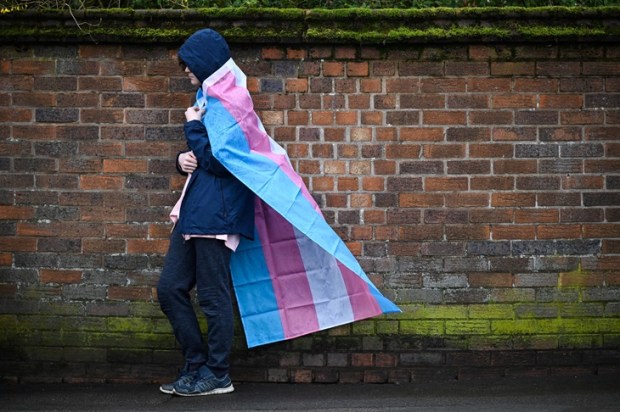I have a confession to make. Sometimes when I drive home, I listen to a sports talk-back radio program. Recently, I heard a 67-year-old caller outline his disenchantment with our national cricket team. He bemoaned the lack of real ‘characters’ in the game. He wondered at the influence of chasing cash rather than catches and lamented the politics that seemed to be intruding into sport.
As another 67-year-old, that got me thinking. Did I like watching our national sports teams as much as I used to? If I was less enthused, was it just a case of ‘grumpy old men’ losing some zest for life?
Then I heard one of our national cricketers being interviewed after our national team was bundled out of the T-20 World Cup. He literally explained that there was so much cricket to play that he and the others ‘didn’t really care’.
What? Did I hear correctly?
Yes, I did.
Others heard as well and raised appropriate questions about this player’s priorities in his commitments towards his (and our) country.
So that really made me stop and think. Why was following my footy team such fun when I first started? Basically, it was because I could throw myself behind them, regardless of how good they were or how bad I was at the sport. And joy of joys, others would do the same! It did not matter who they were, where they went to school, what culture they were from, how wealthy they were, or where they went to church on Sunday (or not) – they were part of my team.
Some people call this being ‘tribal’. But that doesn’t matter, because the lived experience of sports fans is of people coming together, barracking together, accepting the highs and lows, and focusing on the team rather than details about each other. All this is amplified when it comes to following our National teams. When they do well, we all feel better, regardless of our backgrounds or abilities.
They are ours, we are theirs, and the rest simply does not matter.
But now, something has shifted. Some of our teams and/or sportspeople have created moral categories. If you do not fit into their categories, you may not be considered as worthy compared to those who do fit the category.
For example, if I think that a wealthy businesswoman, who pays heaps of her money helping communities and sportspeople, is a fine person for supporting one of our teams, then I might not be considered correct as a moral person. Because unknown to me, a relative of hers said something nasty about others when he was alive (he is now well and truly dead). And the team I want to support has decided she is not worthy to donate money to support them. Therefore, if I support that sports team, I am agreeing with their now political stance. But what if I disagree with their stance? How do I watch and cheer them on without them thinking I agree with their politics? Worse still, to support them now is to congratulate perhaps the most anti-life Premier in the history of Australian politics.
Or what if a sporting code wants to structurally parade a cause that perhaps half the population disagrees with? And what if some players do not want to go on parade for the ideological cause of the code? How do we barrack for that code without wondering what we are supporting – the sporting code, or their political stance?
And for another example, what about when one of the national teams has a captain who raises doubts about one of their sponsors? If I support that team, does that mean I support their ideological stance as well? What if the person next to me at the game does not support their stance? Can I barrack along with them wholeheartedly?
What has changed in all of this is the nature of the relationship between me, the sport, and the people who play the sport.
Previously, I could yell and cheer openly because ideological differences did not matter. Nothing mattered if I was cheering for my local club and so were you. Nothing in our backgrounds mattered if we were cheering together for the national team.
But now that has changed.
These teams no longer call one and all to get behind them for the pure love of the sport, regardless of our differences. The teams now purport values well beyond their sport, and ask people to choose. Their actions and comments have become inherently political statements in the guise of sporting moral conscience.
And that is why I watch less sport now than before. I cannot relax into it, mindless of where others are coming from.
The games have been politicised, demanding of patrons to decide where they stand on issues important to the players. Gone is the primacy of playing for a nation of different people united for a common cause. Gone is the humility that comes from understanding the utter privilege of being selected to represent this nation.
Now ‘our’ teams use their prominence to project their personal decontextualised political opinions onto an unsuspecting nation that simply wants to belong to an open-hearted crowd giving unconditional support for the team in front of them.
But the unconditional relationship is now conditional. We no longer know how our support is being received – is it accepted as demonstrating a hearty tribal sense of belonging, or is it re-constructed as support for the petty politics of privileged performers? I don’t know. And now, I care much less.
Play sport, or go into politics. Don’t play with both at the same time.

























